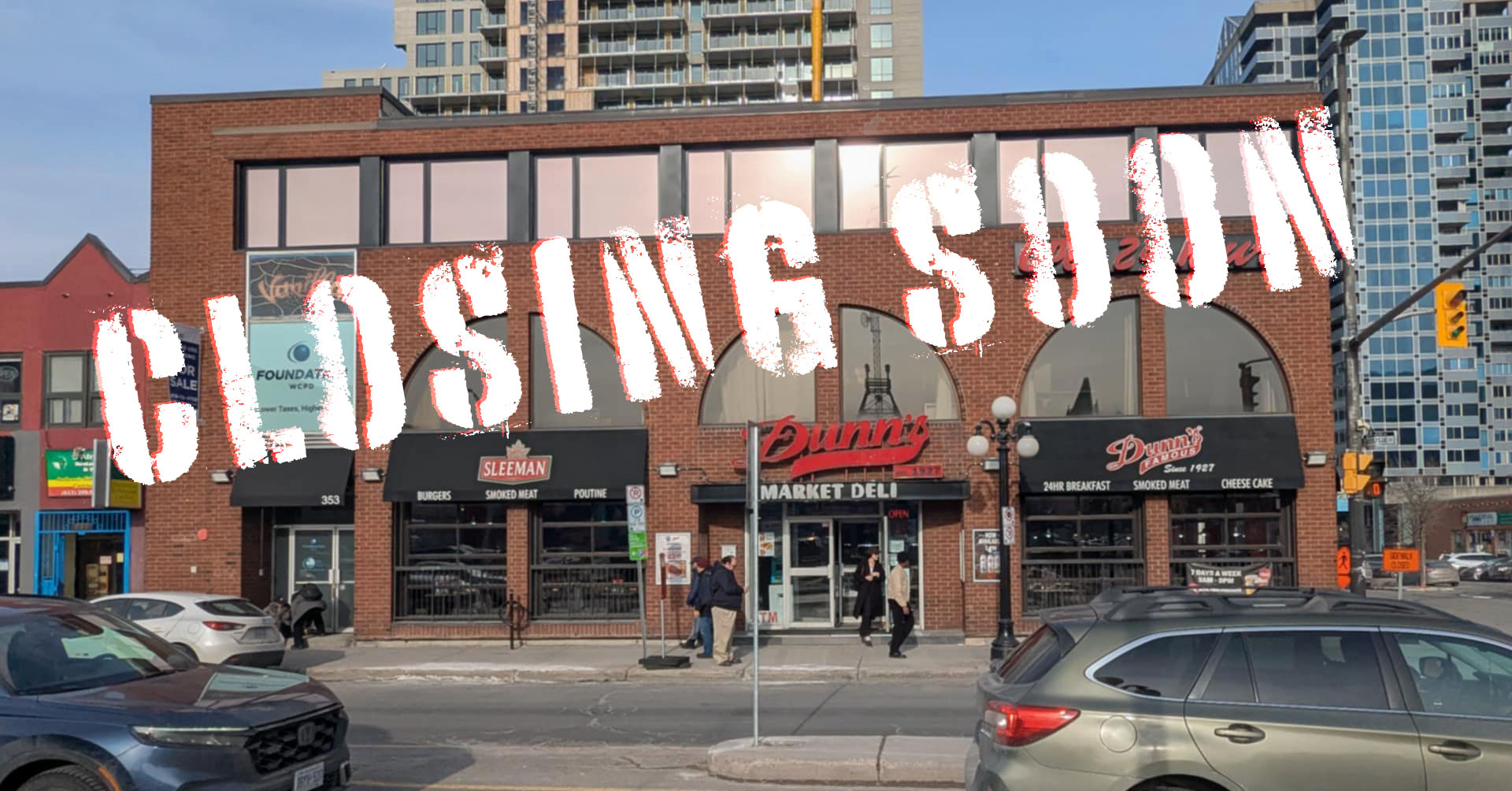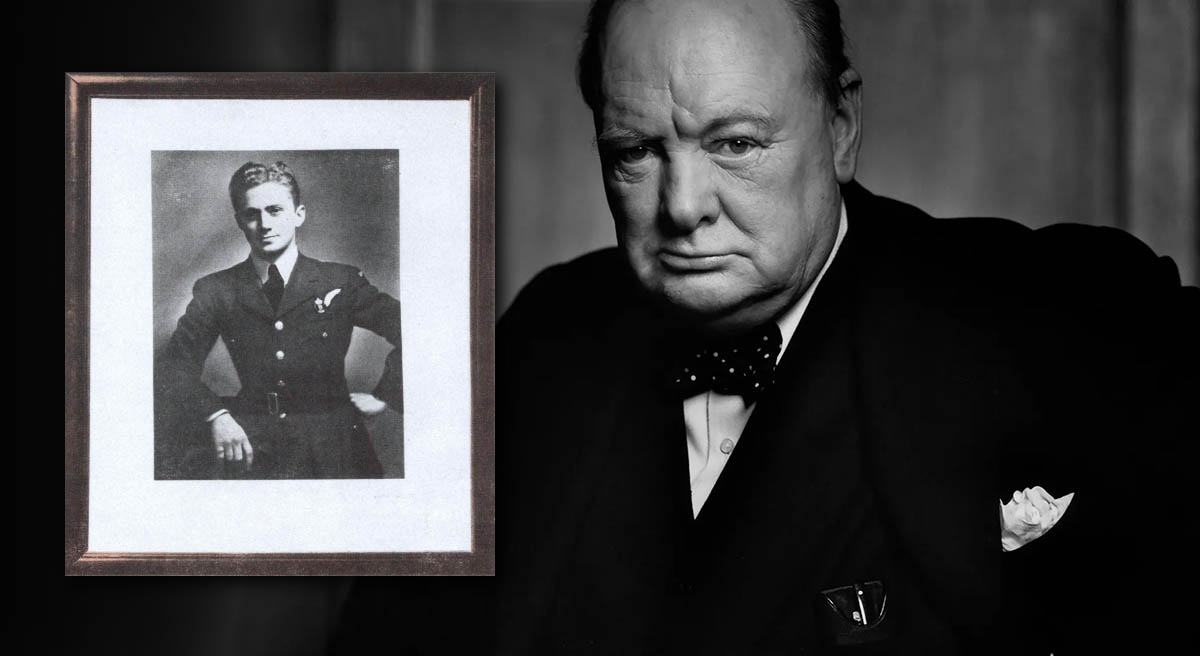
The Municipal Government Needs to Get Back to Tackling Real Issues
Ottawa City Council cancelled its regularly scheduled session this week. Two weeks ago, it met for a mere 30 minutes before adjourning after passing a bulk consent agenda—mostly minor by-law updates on street signs, building permits, and committee policy recommendations.
When Council does hold extended meetings, discussions are often derailed by non-municipal issues, turning sessions into something more akin to a Reddit forum where councillors raise personal beliefs, regardless of their relevance to city governance.
At the February 13, 2025, session, Councillor Ariel Troster used her time to discuss LGBTQ+ solidarity, declaring that any “refugees” arriving from the United States would be welcomed in her Centretown riding. This came during a session in which city staff were supposed to address how Ottawa’s procurement policies would change in light of the then-impending U.S.-Canada trade war.
Under former Mayor Jim Watson, there were at least some efforts to keep discussions focused on municipal concerns. Under Mayor Mark Sutcliffe, no such efforts appear to exist. In January 2024, Councillor Theresa Kavanaugh expressed concern that an investigation into a $300,000 donation from a local developer—already cleared by the integrity commissioner—might hurt the commissioner’s feelings. More recently, Councillor Laura Dudas proposed a motion for city staff to explore leaving X (formerly Twitter) due to its toxicity and to seek a Canadian alternative. This, despite X being one of the few platforms Canadian media companies can still use to share content following Bill C-18’s ban on news distribution via Facebook and Instagram.
Disruptions are not limited to virtue signalling. When questioning Ottawa Markets’ director, Councillor Troster took offense at Zachary Daylor’s mention that public vagrancy in the ByWard Market was scaring off customers. Rather than engaging in a discussion on how to attract visitors back to the struggling area, Troster pivoted to denouncing the term “vagrancy” as outdated and offensive. Throughout this exchange, Mayor Sutcliffe remained silent.
While Sutcliffe seems hesitant to rein in progressive distractions, he has shown a different attitude when accountability is directed at city officials. During the December 11, 2024, meeting, Councillor Riley Brockington questioned the city manager about performance reviews for OC Transpo General Manager Renée Amilcar, citing her failure to improve bus service. Sutcliffe reacted as if Brockington was leading an inquisition, shutting down the discussion and declaring that Council meetings were not the place to question city officials about their performance. Yet these discussions don’t seem to happen in committee meetings either—so when, exactly, is the right time?
The cancellation of Council meetings, the lack of debate for fear of offending city staff, and the ongoing virtue signalling from elected officials must stop. Ottawa needs a Council that prioritizes real issues, debates motions with substance, and holds both staff and officials accountable.
Take the case of Nightlife Commissioner Mathieu Grondin. Nine months into his two-year mandate, he has yet to brief City Council on any concrete plans to revive Ottawa’s struggling nightlife.
Meanwhile, long-standing businesses continue to shut down. This week, Dunn’s announced the closure of its ByWard Market location, with owners stating, “The Market is not what it once was.” A walk past the restaurant makes it clear why—drug deals and other illicit activity are rampant, making the area feel unsafe and unwelcoming to families.
Despite this, when Grondin appeared on the newly launched City of Ottawa podcast, he spent 26 minutes discussing his personal background and the concept of nightlife commissions in France and Belgium, rather than outlining solutions for Ottawa’s declining entertainment sector. The podcast’s softball questions did little to inspire confidence that the Sutcliffe administration has appointed someone with a genuine vision for revitalizing the city’s nightlife.
Worse yet, there has been no public statement from the so-called “night mayor” on any official city platform regarding his plans to address Ottawa’s struggling nightlife economy. In a March 12 Ottawa Business Journal article, Grondin stated that his role is to “work behind the scenes”, not to act as a frontman for Ottawa’s nightlife revival. Meanwhile, City Council continues to delay, filibuster, or outright ignore the real issues facing residents and business owners.
Instead of launching yet another municipal media platform, the City of Ottawa would be better served by allowing councillors to hold officials accountable in Council Chambers through civil debate—giving the public a transparent view into why the city is failing to deliver solutions.
Until then, Ottawa residents will continue to endure late buses, watch long-standing businesses—including the ByWard Fruit Market, which just yesterday announced its closure after 25 years—shut their doors, and wonder whether the nightlife commissioner is simply afraid of the dark.











